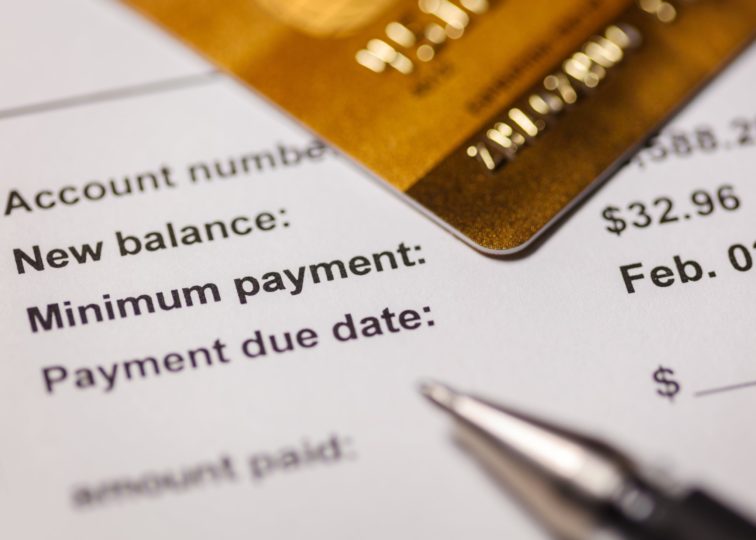
Blog
What Do The Fed Rate Hikes Mean for Your Money?
May 4, 2022
The Federal Reserve raised its target federal funds rate by a half-point Wednesday, notching the largest increase in more than 20 years as the central bank seeks to tame inflation.
As aggressive as the half-point increase was, it is likely that the Fed will continue to raise rates aggressively throughout the rest of the year and possibly even into the next. The Fed’s actions will have far-reaching consequences for the markets and the broader economy, but the climbing rates will also directly impact consumers via more expensive borrowing.
The Fed’s rate hikes refer to increases in the federal funds rate, which is the interest rate at which banks borrow and lend to one another overnight. Although this is not the rate that consumers pay, the Fed’s moves still affect the borrowing and saving rates they see every day.
Short-term borrowing rates, particularly on credit cards, are the most likely to increase as the Fed’s benchmark rate climbs. Average credit card rates are currently at about 16%, but analysts estimate that they may go as high as 18.5% by the end of the year, which would be an all-time high.
Adjustable-rate mortgages and home equity lines of credit are pegged to the Fed’s prime rate, so will increase as the Fed continues to hike.
Current homeowners with fixed mortgages won’t be impacted by rate hikes, but those looking to purchase a new home or refinance will face dramatically higher rates. While the Fed’s benchmark does not directly impact mortgage rates, lenders price their increased costs into the rates they charge borrowers.
The average interest rate for a 30-year fixed-rate mortgage hit 5.55% this week, the highest since 2009, climbing more than two full percentage points since the end of last year, and analysts expect the rate could hit 6% by the end of the year.
Federal student loan rates are fixed, so most borrowers won’t be impacted by the rate hike. Borrowers with private loans may have a variable rate tied to the prime rate, so these borrowers may have to pay more in interest.
